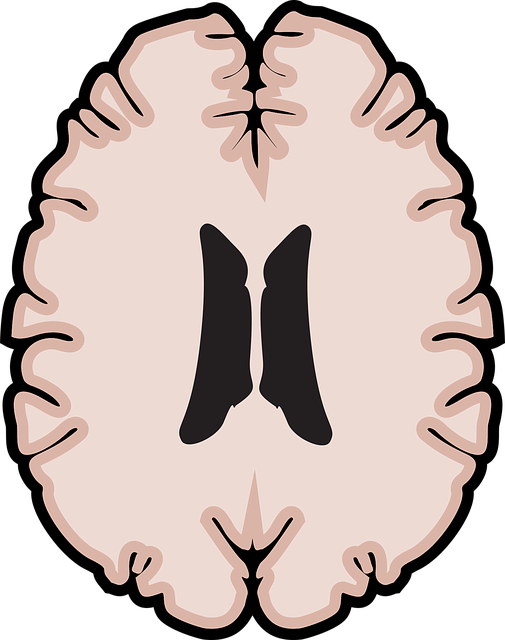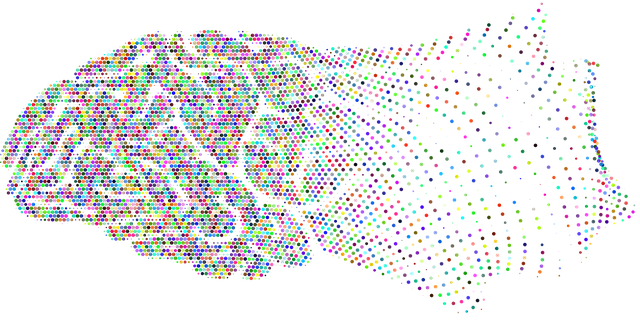Developing an effective marketing strategy for Westminster Autism Spectrum Disorder (ASD) therapy apps requires understanding the unique needs of the target audience. By highlighting tailored features addressing self-regulation, social communication, and sensory processing challenges, apps can differentiate themselves in a competitive market. A balanced marketing approach combining digital tactics like SEO and influencer partnerships with offline strategies such as community events and local business collaborations ensures reach, trust, and meaningful connections within the autism community.
In today’s digital age, mental wellness apps are gaining traction, especially with the growing awareness of conditions like Westminster Autism Spectrum Disorder (ASD). Effective marketing strategies are crucial for app success in this competitive market. This article delves into a comprehensive guide for developing a robust marketing strategy for Westminster ASD therapy apps, focusing on understanding target audiences, crafting unique value propositions, and leveraging multi-channel marketing to reach and engage users effectively.
- Understanding Your Target Audience: Uncovering Needs and Pain Points for Westminster Autism Spectrum Disorder Therapy
- Crafting a Unique Value Proposition: Differentiating Mental Wellness Apps in the Market
- Multi-Channel Marketing Strategies: Engaging Users Through Digital and Offline Platforms for Autism Therapy Apps
Understanding Your Target Audience: Uncovering Needs and Pain Points for Westminster Autism Spectrum Disorder Therapy

Understanding your target audience is a crucial step in developing an effective marketing strategy for Westminster Autism Spectrum Disorder Therapy apps. When it comes to promoting mental wellness tools, knowing the unique needs and challenges faced by individuals on the autism spectrum and their caregivers is essential. Many people with autism struggle with self-regulation, social communication, and sensory processing, which can lead to heightened stress levels and burnout for both the individual and their support network.
Therefore, marketing efforts should focus on highlighting how specific app features cater to these pain points. For instance, promoting Self-Awareness Exercises within the app as a means to help users manage their emotional states could be appealing. Similarly, Burnout Prevention Strategies for Healthcare Providers can indirectly benefit autism caregivers, emphasizing the app’s potential to reduce caregiver stress and enhance overall well-being. Emphasizing Stress Management techniques tailored to the needs of the autism community will ensure that marketing content resonates with the target audience.
Crafting a Unique Value Proposition: Differentiating Mental Wellness Apps in the Market

In today’s digital age, the mental wellness app market is a bustling and ever-evolving landscape, with numerous options available to users seeking support for their emotional well-being. To stand out in this crowded space, developers must craft a unique value proposition that resonates with their target audience. For apps catering to individuals on the autism spectrum, such as those dealing with Westminster Autism Spectrum Disorder Therapy, this becomes even more crucial. By focusing on how your app offers tailored solutions and embraces Mind Over Matter principles, you can differentiate yourself from competitors.
Highlighting the app’s ability to guide users through effective emotional healing processes or providing accessible tools for conflict resolution techniques will appeal to those in need of specialized support. Engaging with users’ unique challenges and offering innovative approaches will ensure your mental wellness app captures the attention of its intended market, especially when competing against more generalist offerings.
Multi-Channel Marketing Strategies: Engaging Users Through Digital and Offline Platforms for Autism Therapy Apps

In today’s digital age, marketing strategies for mental wellness apps, such as those offering Westminster Autism Spectrum Disorder (ASD) therapy, must be multi-faceted to engage users effectively. A successful approach involves a blend of online and offline tactics to cater to diverse audiences. Digital platforms allow for targeted advertising and content distribution through social media, search engine optimization, and influencer partnerships. For instance, apps focused on ASD therapy can leverage video testimonials and success stories to build trust and reach families seeking support.
Offline strategies, such as community events, workshops, and collaborations with local businesses or schools, foster a sense of belonging and accessibility. These initiatives can include informational sessions on stress management, anxiety relief, and burnout prevention tailored to individuals on the ASD spectrum and their caregivers. By combining digital and offline efforts, mental wellness apps can create a comprehensive marketing strategy that resonates with users at various touchpoints, ultimately expanding their reach and fostering meaningful connections.
Developing an effective marketing strategy for a mental wellness app, such as those offering Westminster Autism Spectrum Disorder Therapy, involves understanding your audience’s unique needs and crafting a compelling value proposition. By leveraging multi-channel marketing that balances digital engagement with offline outreach, you can create a robust strategy to attract and retain users. This approach ensures that the app stands out in a crowded market while addressing the specific challenges faced by individuals on the autism spectrum.














